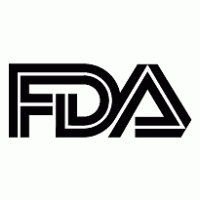
Southeastern Cotton Ginners and many other of our sister organizations across the country have been very involved in the application of the Food Safety Modernization Act (FSMA) rules to cotton gins. We had worked with the Food and Drug Administration to help them understand that the rules as they had made them put an undue and unnecessary burden on some gins and didn’t treat all gins the same.
In 2018 FDA commissioner Ostroff came to the National Cotton Ginners Annual Meeting and announced an “enforcement discretion” for gins and many other industries that were caught up in similar situations. Since that time not much had been said by FDA other than they are working on a fix.
Just last month, Jennifer Erickson, with FDA once again spoke to the National Cotton Ginners and assured our members and the other ginners in the room that they were indeed continuing the enforcement discretion and that, again, are working on a fix. The idea is to roll a fix for all the affected industries in one rule making. While not set in stone, the idea is to make all gins, regardless of ownership, a “secondary activities farm”. This definition would eliminate, not only the issue with application of the FSMA rules but also eliminate the registration that most gins have done since 2003 and renew every other year.
On the registration front…our friends in Texas have been getting calls at the gins regarding their FDA registration. Apparently several gins have received emails or phone calls asking about the human food they store or process. Apparently many gins have registered as both a handler of human and animal food.
FDA staff has recommended that the response should be that the gin only handles animal food. If they had previously been registered as a human food facility, they are being asked to update to reflect that they only handle animal food. Ms. Erickson has said that even though some cotton seed may end up in the production of cotton seed oil and ultimately in the human food facilities, it is advisable for regulatory purposes to only be registered as a handler of animal food. If you are registered as both a handler of animal and human food, you could be inspected under the human food rules. Even though the rules don’t apply under the enforcement discretion discussed above, you could still get a visit.
Please give us a call if you have quesitons.
DSF
